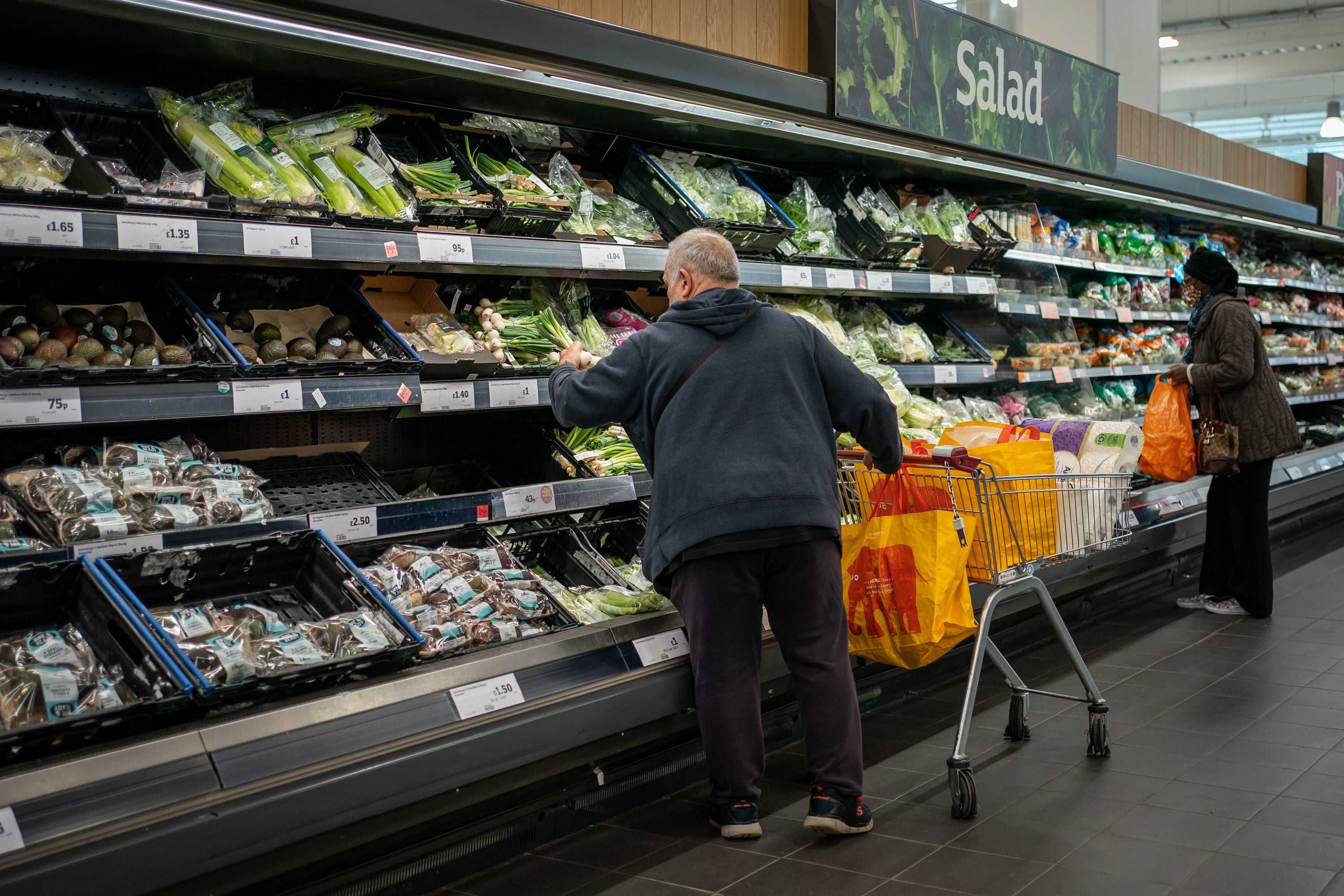With inflation projected to hit double digits, we should expect tough years ahead
Editorial: Even more than the increase in energy prices, the rising cost of money will permeate every corner of the economy

Double-digit inflation is a psychological blow for a country that hasn’t seen such price inflation very often in the past four decades. The last time it happened, when it was actually on the way down, the Falklands war was still a live news event, Margaret Thatcher was prime minister, Sir Geoffrey Howe was chancellor, and Boris Johnson was just maturing into the man he is today, at Eton College.
For most people under the age of about 60, inflation at 10 per cent-plus is an unfamiliar concept.
One thing that is perfectly clear about inflation accelerating towards five times the Bank of England’s official target of 2 per cent is that it means the cost of borrowing, like everything else, will be going up – meaning more expensive mortgages, overdrafts, loans, car leasing plans, and business working capital.
Even more than the increase in energy prices, the rising cost of money will permeate every corner of the economy. It is designed to restrain demand; it is not intended to ease the cost of living crisis, at least in the short term. It is an unpleasant medicine, administered in possibly increasing doses.
Having basked in historically low interest rates for about a decade and a half, British homebuyers, consumers and businesses will be faced with some potentially steep rises in the cost of borrowing money. So will the government, with the massively increased post-Covid national debt badly exposed to rising interest rates.
It is no great comfort to know that the trend towards more expensive money is global, and that the Bank of England’s increase of 0.25 percentage points is actually less than the US Federal Reserve’s recent hike of 0.5 per cent. It merely signals that tightening monetary policy will depress global demand and global trade.
How high will rates go? That depends greatly on whether the current rise in retail prices and wholesale costs to businesses, especially gas and electricity, sparks a wage-price spiral, with bigger wage increases feeding through into higher prices in the shops and then demands for even bigger pay rises. That is the danger the Bank of England has always been alert to, and plainly policymakers feel that they can no longer “see through” spikes in gas and food prices as temporary phenomena.
If signs emerge in the coming weeks and months that suggest wages – around 70 per cent of the costs of doing business overall – aren’t exerting undue pressure on retail prices, then the Bank will be able to moderate the future path of higher rates, pushing them gradually higher in “baby steps” towards historically normal levels.
If not, then a much steeper path will be necessary to squeeze inflation out of the system. When this last became necessary, in the early 1980s and early 1990s, it required interest rates well into double figures, and a sharp recession. The lesson of history is that complacency about inflation only means harsher action will eventually be needed. According to the Bank’s own current economic assessment, the UK will be lucky to escape recession over the next year or so, and will in any case see very low growth for many years to come.
To keep up to speed with all the latest opinions and comment, sign up to our free weekly Voices Dispatches newsletter by clicking here
So the outlook is poor. “Stagflation”, the combination of stagnant economic activity and high inflation, seems set to make an unwelcome comeback, and the cost of living crisis is unlikely to abate much before next year.
The squeeze on living standards and spending will intensify, and with it pressures on businesses still coping with higher input costs. Consumer confidence is running at multi-decade lows. It is certainly difficult to see property values remaining unaffected by such trends, and a housing crash – or at least a sharp correction – must be counted as an increasingly likely outcome.
The Bank’s latest moves and forecasts come on polling day – unhelpfully, so far as the government is concerned. But there is no avoiding the harsh facts of economic life, and their implications for politics more broadly. A combination of Covid, war in Ukraine and the baleful impact of Brexit will make life in Britain tougher than it has been for many years. Since the last time inflation hit 10 per cent, in fact.






Join our commenting forum
Join thought-provoking conversations, follow other Independent readers and see their replies
Comments